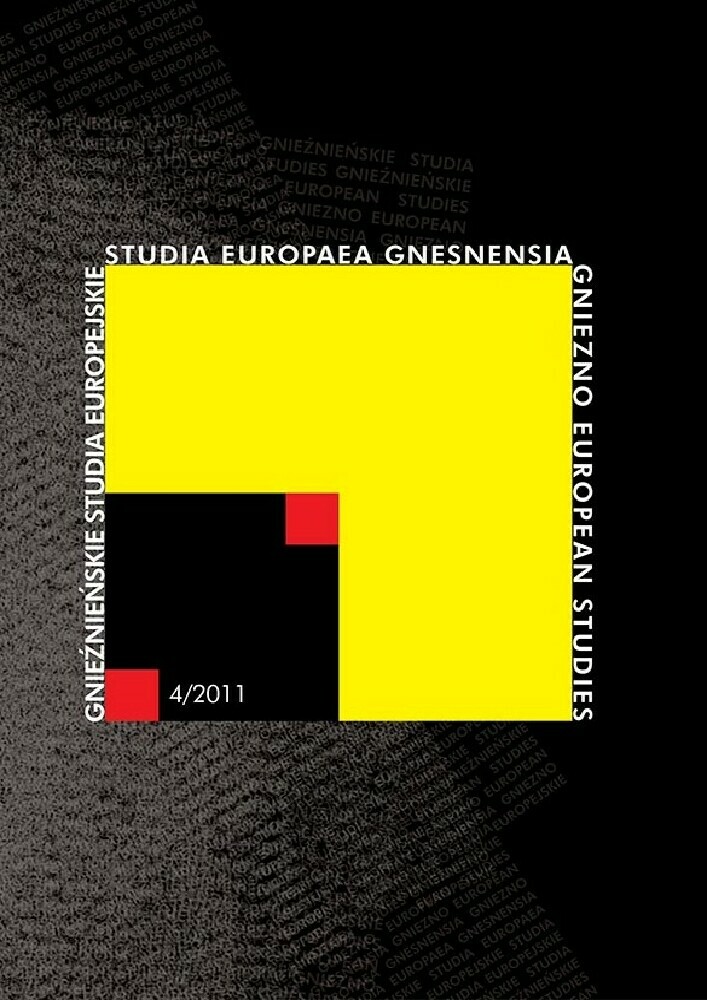Abstract
In the article, the author describes and comments on the policies of Athens after the crisis of 447–445 BC. The policy was naval in character, associated with the domination on the Aegean Sea. Thanks to the policy Athens became a power, albeit an unsteady one as the author proves, its weakness consisting in the fact that the polis was not an island.
Literaturhinweise
Aristote, Ath. pol., 24, 3.
Bowersock G.W., Pseudo-Xenophon, HSCPh 71, 1966, pp. 33–55. DOI: https://doi.org/10.2307/310754
Hansen M.H., Three Studies in Athenian Demography, Copenhagen 1988, pp. 14–28.
Hill G.F., Sources for Greek History 478–431 B.C., Nouv. éd. par R. Meiggs, A. Andrewes, Oxford 1951.
Jouanna J., Hippocrate, II 2, Airs, Eaux, Lieux, texte établi et traduit par J.J., Paris 1996, pp. 79–82.
Kallet-Marx L., Money, Expense and Naval Power in Thucydides’ History 1–5, 24, Berkeley – Los Angeles – London 1993. DOI: https://doi.org/10.1525/9780520378117
L.J Samons L.J., Empire of the Owl. Athenian Imperial Finance, Stuttgart 2000.
Labarbe J., La loi navale de Thémistocle, Paris 1957. DOI: https://doi.org/10.4000/books.pulg.1230
Lévy E., Athenes devant la défaite de 404. Histoire d’une crise idéologique, Athenes – Paris 1976, pp. 273–275.
Ober J., Mass and Elite. Rhetoric, Ideology and the Power of the People, Princeton 1991, pp. 86–91.
Platon, Gorgias, 455e. Cf. D.H.Conwell, Connecting a City to the Sea: the History of the Athenian Long Walls, Leiden 2008, pp. 31–33.
Romilly J., La construction de la vérité chez Thucydide, Paris 1990.
Synodinos Ph.N., Typhoid Fever Epidemic in Ancient Athens, dans D. Raoul, M. Drancourt (eds), Paleomicrobiology. Past Human Infections, Berlin 2008, pp. 161–173. DOI: https://doi.org/10.1007/978-3-540-75855-6_10
Lizenz
Copyright © 2011 by IKE and PTPN
